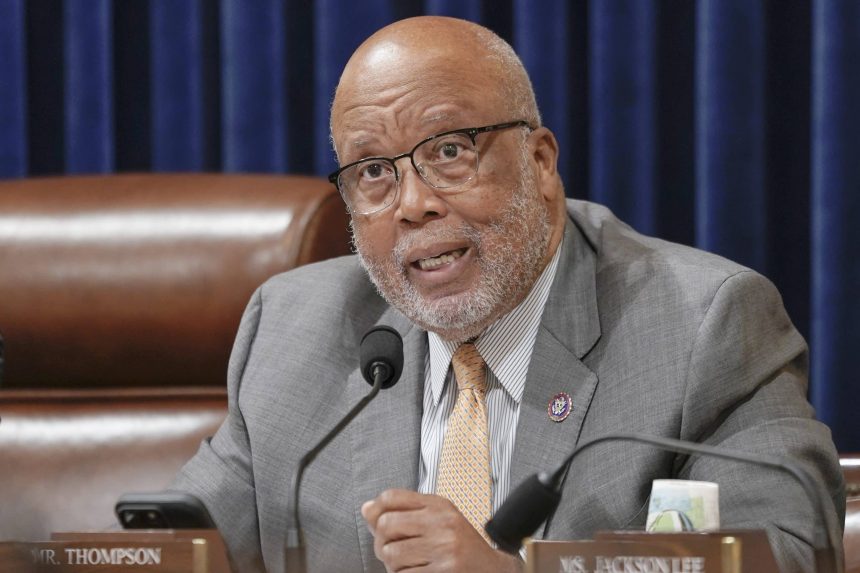Congressman Bennie Thompson, a Democrat from Mississippi and one of the leading forces behind the investigation into the insurrection at the U.S. Capitol on Jan. 6, 2021, isn’t too pleased with the latest decision from the Supreme Court.
On Friday, SCOTUS ruled in favor of riot participant Joseph Fischer, who challenged the conviction of a federal obstruction crime. Fischer’s attorneys argued that the charge of obstruction of an official proceeding has historically only been used for cases that involve evidence tampering, something their client has not been proven to have partaken in. In the 6-3 decision, the high court reversed lower courts’ interpretation of the law with those in favor arguing that it sweeps too broadly into areas like peaceful but disruptive protests and could set a future precedent for unjust arrests.
Thompson, who co-chaired the House Jan. 6 committee, said in a statement that while disappointed with the SCOTUS decision, he believes the Justice Department will still be able to “aggressively pursue” those who were involved in the riots.
“I am disappointed that today’s overly technical opinion jeopardizes dozens of prosecutions for January 6th offenses. The conservative Court, in the words of Justice Barrett, forced itself to perform ‘textual backflips to find some way – any way – to narrow the reach’ of a clearly written law in which Congress passed,” Thompson said.
“Those who sought to disrupt the peaceful transfer of power on January 6, 2021, still need to face the consequences of their deplorable acts. To be clear, this ruling will have an impact on only a small number of cases out of the over 1,400 criminals who have been charged and sentenced for their violent actions on that terrible day – and, thankfully, the Justice Department should still be able to pursue those who would undermine American democracy.”
Fischer, of Pennsylvania, was one of more than 300 people charged with obstruction of an official proceeding, meaning the SCOTUS decision could eventually lift that specific charge off the backs of other rioters. While the Justice Department argued that Fischer’s actions were a “deliberate attempt” to stop a joint session of Congress from certifying the 2020 presidential election, Chief Justice John Roberts said the government stretched the law in this case.
“Although the Government’s all-encompassing interpretation may be literally permissible, it defies the most plausible understanding [of the law],” Roberts wrote in the majority opinion, adding that to prove a defendant is guilty of an obstruction crime, the government “must establish that the defendant impaired the availability or integrity for use in an official proceeding of records, documents, objects, or as we earlier explained, other things used in the proceeding, or attempted to do so.”
Those in favor of curbing the obstruction charge were Roberts, Samuel Alito, Neil Gorsuch, Brett Kavanaugh, Clarence Thomas, and Ketanji Brown Jackson while dissenting justices were Amy Coney Barrett, Sonia Sotomayor, and Elena Kagan.
Like Thompson, U.S. Attorney General Merrick Garland noted that he was “disappointed” with the decision to narrow the obstruction charge. Still, he said it would not affect the majority of defendants being charged for their actions on Jan. 6.
Since SCOTUS concluded the lower courts interpreted the statute too broadly, the case now goes back to the D.C. federal appeals court to determine whether, under the high court’s interpretation, Fischer and others can be charged.








